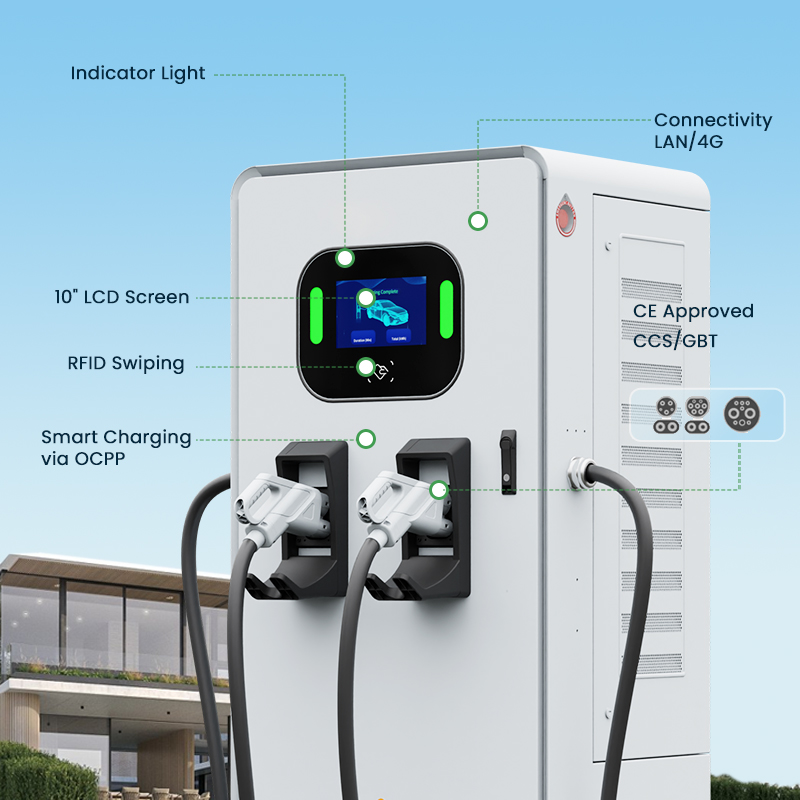lectric vehicles can be expensive to buy, and charging them at public charging points makes them costly to run.That being said, running an electric car can end up being considerably cheaper than a petrol or diesel vehicle, especially when we look at how much fuel prices have risen in recent years. One of the best ways to keep the day-to-day running costs of an electric car down is to have your own EV charger installed at home.
Once you’ve bought the charger itself and covered the cost of getting it installed, charging your car at home will be significantly cheaper than using a public charger, especially if you choose to switch your electricity tari to one geared towards EV owners. And, ultimately, being able to charge your car right outside your home is by far the most convenient way to go. Here at GERUNSAISI we’ve laid out this detailed guide to give you all the key facts and information you need about the costs of installing a home EV charger.
What is a home EV charging point?
Home EV chargers are small, compact units that supply energy to your electric vehicle. Alenknown as a charging station or electric vehicle supply equipment , the chargingpoint makes it easier for car owners to charge their vehicles whenever they like.
The convenience and money-saving benefits oered by home EV chargers are so great that an estimated 80% of all electric vehicle charging now takes place at home. Yes, more and more EV owners are saying “good-bye” to traditional fuel stations and public charging points in favour of getting their very own charger installed. Charging your electric car at home using a standard, 3-pin UK socket is possible. However, these outlets are not built to withstand the high loads it takes to charge an electric vehicle, and it is only recommended that you charge this way in situations such as emergencies or when visiting friends and relatives who don’t have dedicated EV charging sockets installed. If you’re planning on charging your car at home on a regular basis then you’re going to need the real deal. And, beyond the safety risks that come with using low-voltage plugs to charge an electric vehicle, using a 3-pin plug is also much slower! Using a plug that’s designed to handle up to 10kW of power will enable you to charge up to 3 times faster.
Post time: Dec-12-2024





